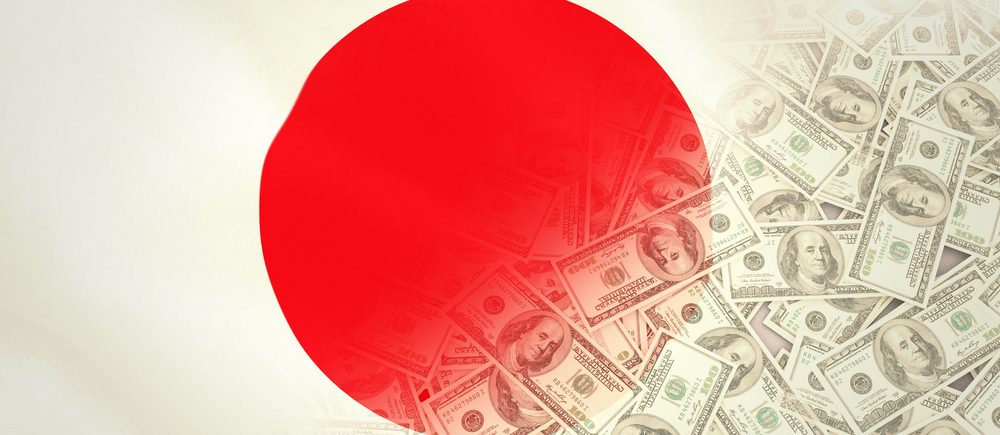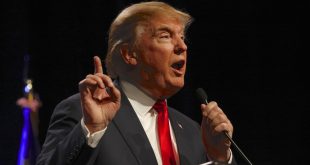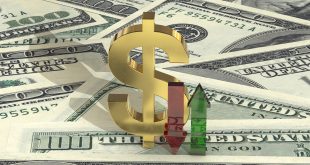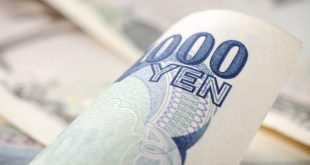Consumer sentiment in Japan took a hit in December, as per a government survey released on Wednesday. The decline raises questions about the Bank of Japan’s (BOJ) optimism that robust household spending will drive the economy and support future interest rate hikes.
The sentiment index fell to 36.2 in December, marking a 0.2-point drop from November, according to data from the Cabinet Office. This decline comes ahead of the BOJ’s policy meeting on January 23-24, where analysts anticipate a potential increase in the current 0.25% interest rate.
Adding to the concerns, Japan’s output gap remained negative for the 18th consecutive quarter in the July-September period. A negative output gap, indicating actual output falling short of the economy’s potential, underscores persistent weak demand.
Japan’s economy faces mounting challenges, including rising living costs and uncertainty surrounding U.S. President-elect Donald Trump’s policies, which continue to weigh on consumer spending and exports.
Despite these headwinds, some major corporations are stepping up efforts to bolster wages. Fast Retailing, the parent company of Uniqlo, announced an 11% wage hike for full-time staff starting in March, signaling a positive shift in wage momentum.
The BOJ, which ended its large-scale stimulus program in March 2024 and raised short-term rates to 0.25% in July, maintains that Japan is nearing its 2% inflation target. Governor Kazuo Ueda has reiterated his commitment to further rate increases if inflation stabilizes and wage momentum strengthens.
While the BOJ describes consumption as “moderately increasing” and projects a modest recovery for Japan’s economy, these latest data points underline the challenges of achieving durable growth and inflationary momentum. The upcoming policy meeting will likely hinge on the balance between soft economic indicators and evolving wage dynamics.
 Noor Trends News, Technical Analysis, Educational Tools and Recommendations
Noor Trends News, Technical Analysis, Educational Tools and Recommendations





